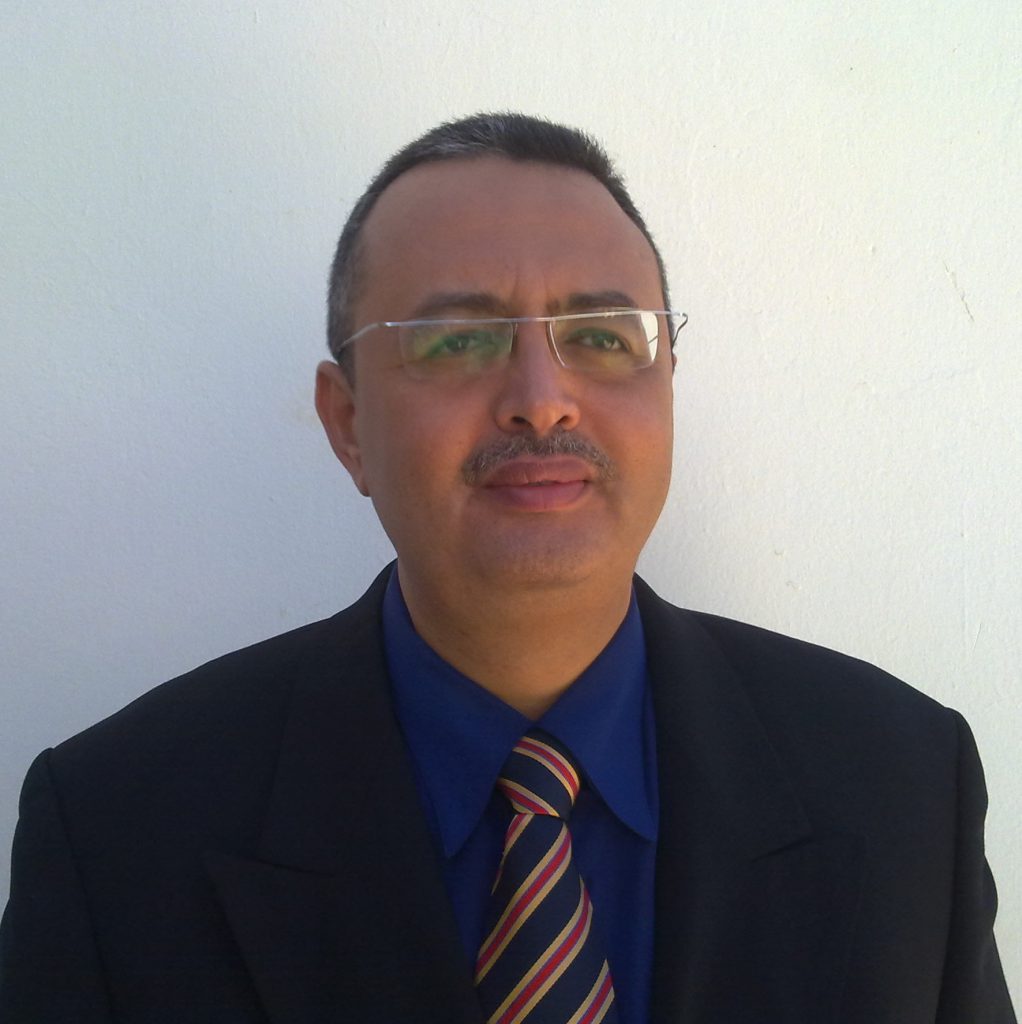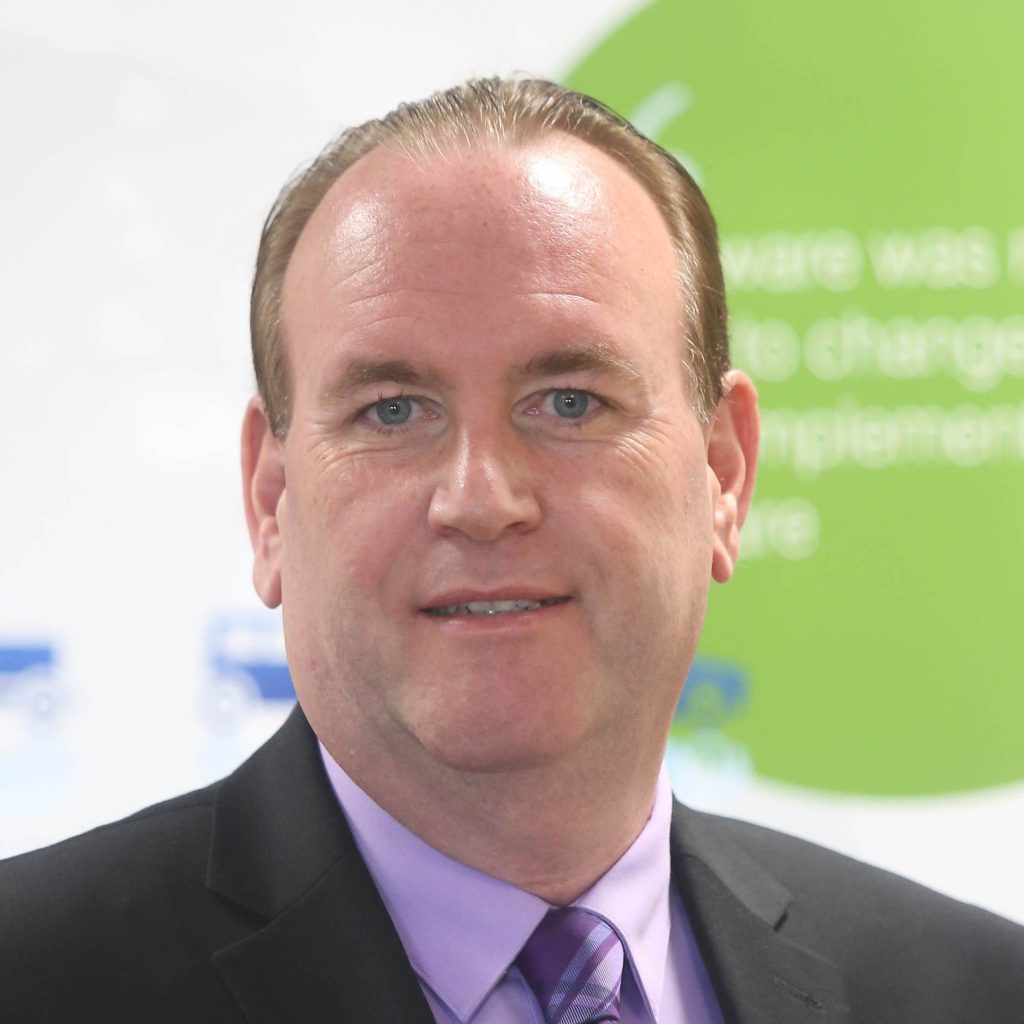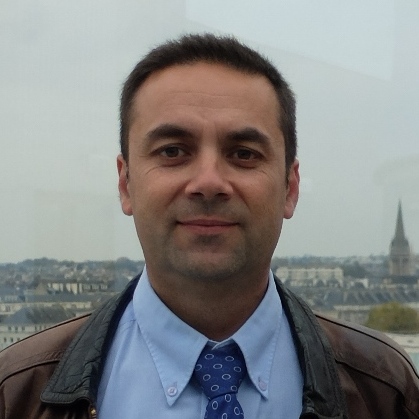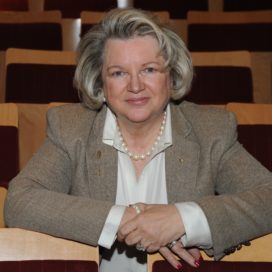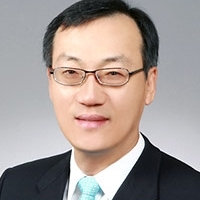Biography – Adel M. Alimi (IEEE Senior Member) was graduated in Electrical Engineering in 1990. He obtained a PhD and then an HDR both in Electrical & Computer Engineering in 1995 and 2000 respectively. He is full Professor in Electrical Engineering at the University of Sfax, ENIS, since 2006. He is founder and director of the REGIM-Lab. on intelligent Machines.
Prof. Alimi founded and volunteered for several academic, research, and scientific structures and associations: REGIM-Lab., Tunisian Section of IAPR, University Chair of Innovation.
Prof. Alimi Scientific Production: Scopus h index=19, Papers (Journals=87, Conferencse=307), Citations=1700+, 20+ chapters in edited scientific books, 56 PhD Thesis defended, 20 Tunisian patents.
Prof. Alimi served as Expert evaluator for Quality Assurance and Accreditation projects, Expert evaluator for several European and International research projects (FP7-ENPI-CMCU-ALECSO), Associate editor and member of the editorial board of several international scientific journals, Guest editor of several special issues of international journals, and as co-Chair of several international conferences.
Prof. Alimi received several IEEE Awards, INNS Award, Tunisian Presidency Award for Scientific Research and Technology, and Tunisian National Order of Merit, at the title of the Education and Science Sector.
Biography – Michael Gerard Hinchey (born 1969) is an Irish computer scientist and Director at the Irish Software Engineering Research Centre (Lero), a multi-university research centre headquartered at the University of Limerick, Ireland.
Mike Hinchey studied at the University of Limerick as an undergraduate (was the leading student in his graduating year), Oxford University (at Wolfson College) for his MSc and Cambridge University (at St John’s College) for his PhD.
Hinchey has been a promulgator of formal methods throughout his career, especially CSP and the Z notation. He was Director of the NASA Software Engineering Laboratory at NASA Goddard Space Flight Center and is the founding editor-in-chief of the NASA journal Innovations in Systems and Software Engineering, launched in 2005.
He has held many academic positions, both visiting and permanent, at a number of universities including the University of Nebraska, Queen’s University Belfast, New Jersey Institute of Technology, Hiroshima University, the University of Skövde in Sweden and was at Loyola College in Maryland (now Loyola University Maryland), United States, before his current post.
Hinchey is a Member of Academia Europaea, a Fellow of the IET, a Fellow of the IMA, and a Senior Member of the IEEE.[citation needed] He is a Chartered Engineer, Chartered Professional Engineer, Chartered Mathematician and Chartered IT Professional.[citation needed]
As of 2015, Hinchey has been serving as Vice President of IFIP (International Federation for Information Processing) and Chair of its Technical Assembly.
Biography – Laurent Fesquet (IEEE M’99, S’09), received the Ph.D. degree in electrical engineering from Paul Sabatier University, Toulouse, France, in 1997. In 1995, he was a Lecturer in charge of electronics and inertial navigation systems with the French Navy Instruction Center. In 1999, he joined the Grenoble Institute of Technology, Grenoble, France, as an Associate Professor.
Since 2008, he has been Deputy Director of CIME Nanotech, an academic center that supports microelectronic teaching and research activities. His research, initially focused on asynchronous circuit design, has been extended in 2000 to non-uniform sampling techniques in order to enhance the analog-to- digital conversion. Since, he has been general chair in 2009 and program chair in 2011 and 2013 of the Sampling Theory and applications conference (SampTA). He has also been the program chair of the two first editions of the Event-based Control, Communication and Signal Processing conference (EBCCSP). His current research at the TIMA Laboratory today covers asynchronous circuit design, computer-aided design (CAD) for event-based systems and non-uniform signal processing. He is currently an invited professor at EPFL in Switzerland.
Biography – Magdalena Salazar-Palma was born in Granada, Spain. She received the MS and PhD degrees in Electrical and Electronic Engineering from Polytechnic University of Madrid, Spain, where she has been Assistant and Associate Professor at the Department of Signals, Systems and Radiocommunications. Since 2004 she is with the Department of Signal Theory and Communications, Carlos III University of Madrid, Spain, where she is Full Professor, co-director of the Radiofrequency, Electromagnetics, Microwaves and Antennas Research Group (GREMA) and served for three years as Department head.
She has developed her research in a number of areas: electromagnetic field theory; advanced computational and numerical methods for microwave and millimeter wave passive components and antennas analysis and design; advanced network theory, in particular, passive devices, filters and multiplexers theory and design; antenna arrays and smart antennas; novel materials and metamaterials for the implementation of devices and antennas with improved performance (multiband, miniature size, and so on) for the new generation of communication systems; design, simulation, optimization, implementation, and measurement of microwave circuits both in waveguide and integrated (hybrid and monolithic) technologies; millimeter, submillimeter and THz frequency band technologies; radio waves propagation theory; and history of telecommunications.
Read More
Biography – Kukjin Chun received the B.S.degree in electronics engineering from Seoul National University in 1977 and the M.S. and Ph.D. degrees in electrical engineering from the University of Michigan in 1981 and 1986, respectively.
He was an Assistant Professor in the Department of Electrical and Computer Engineering at Washington State University from 1986 to 1989. He joined the faculty of Seoul National University in 1989, where he is currrently an Professor in the School of Electrical Engineering.
Read More
Paper Submission: October 29, 2017
Deadline extension : November 10th, 2017
Acceptance Notification: February 15th, 2018
Camera Ready Paper: March 1st, 2018
Early Registration: Up To March 8th, 2018
Pre-Final Program Announcement: April 2nd, 2018
Late Registration: Till April 5th, 2018
Conference dates: May 2-4th, 2018

